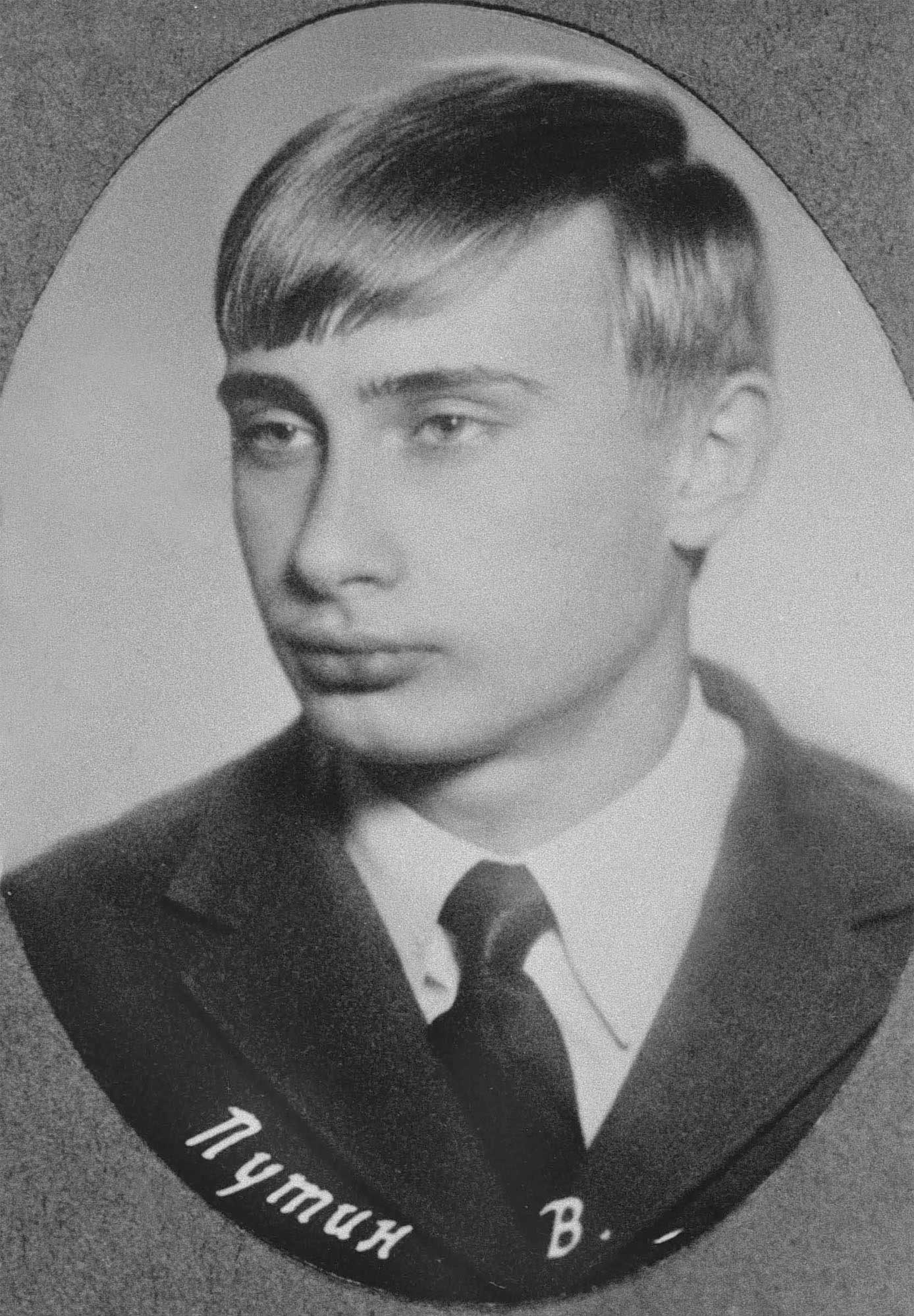
Russian President Vladimir Putin prides himself on his humble, rough and tumble upbringing.
Putin, who won this year’s TIME 100 reader’s poll and is included in the Leaders section of this year’s annual list, was born in Leningrad (now called St. Petersburg) on Oct. 7, 1952. His father was seriously injured in World War II and his mother survived the siege of the city. Putin was the only son of his parents to survive; one died soon after birth and another died in the siege.
Details of Putin’s early life can be hard to find, in part because of his obscure background and his later work with the KGB, and much of what is known of his earlier days comes from him and his friends at the time. One such friend told Masha Gessen, the author of The Man Without a Face: The Unlikely Rise of Vladimir Putin, that “If anyone ever insulted him in any way, Volodya would immediately jump on the guy, scratch him, bite him, rip his hair out by the clump—do anything at all never to allow anyone to humiliate him in any way.”
Before reaching his teens, Putin began training in a martial art that combines techniques from others like karate and judo. He later continued with the latter.
From an early age, Putin was intent on joining the KGB, perhaps influenced by the books and TV shows of the time that romanticized the nation’s spy agency. He attended a selective high school, according to his official biography, and later pursued a law degree after he was told that it would help his chances of entering the KGB.
By the mid-1970s, and married to his first wife, Lyudmila, Putin was recruited by the KGB and began a decade and a half career with the Soviet agency. In 1984, he received spy training and was sent to Dresden in East Germany—a disappointing, largely backwater assignment where he was charged with reporting back on activity in West Germany and trying to recruit foreign students.
As the Berlin Wall came down and the Soviet Union began to crumble, Putin and his family returned to his home city. His transition into politics began there, when he joined the successful mayoral campaign of Anatoly Sobchak as a key aide. He formally quit the KGB amid the failed 1991 coup that accelerated the collapse of the Soviet Union, and took up a post as Deputy Mayor in St. Petersburg.
Putin moved to Moscow after Sobchak lost a reelection bid in 1996, and two years later he was tapped to head the FSB, the KGB’s successor, setting him on a path that would take him to top.
Read next: Former White House Adviser: What Vladimir Putin Could Learn From ‘Doctor Zhivago’
Listen to the most important stories of the day.
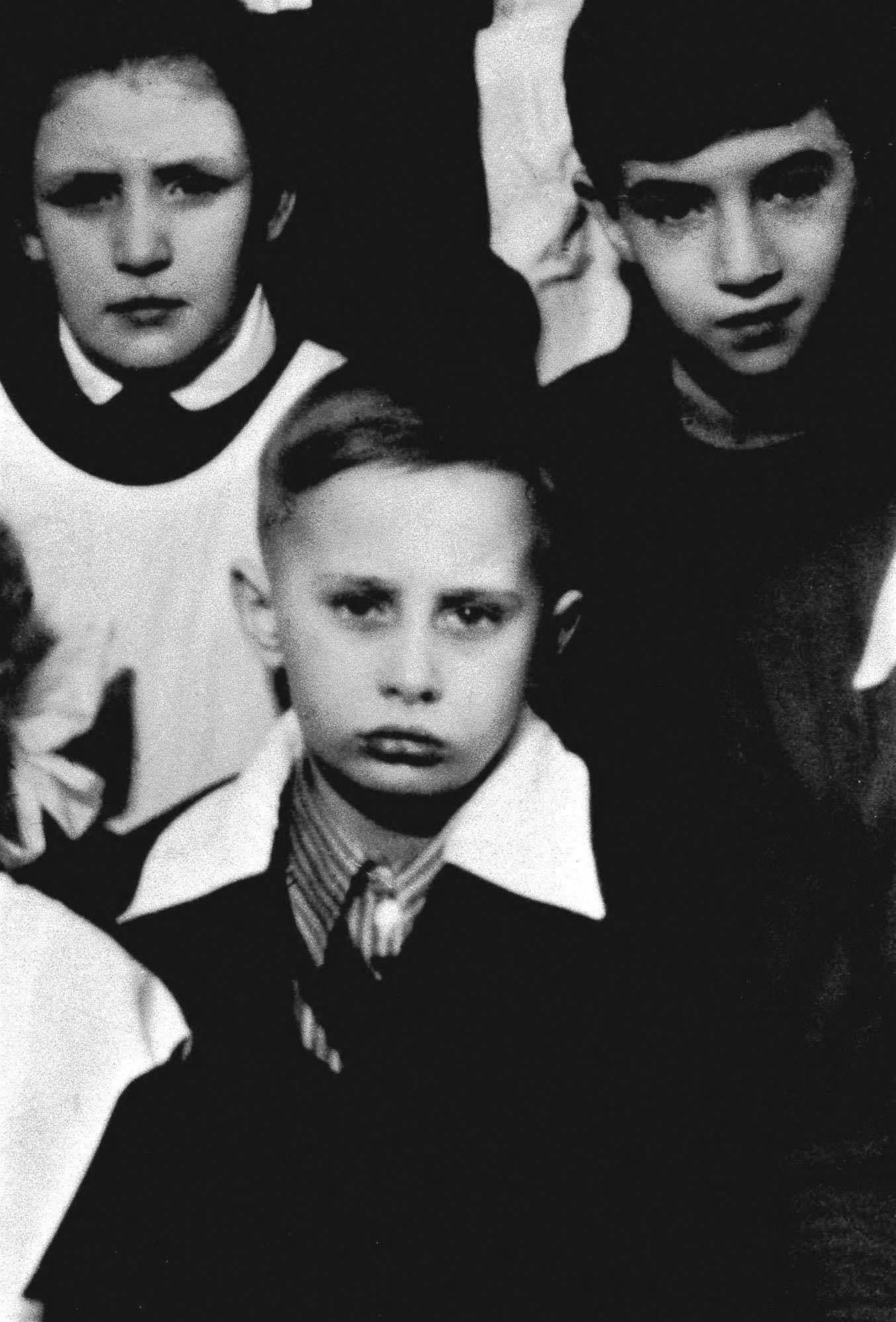
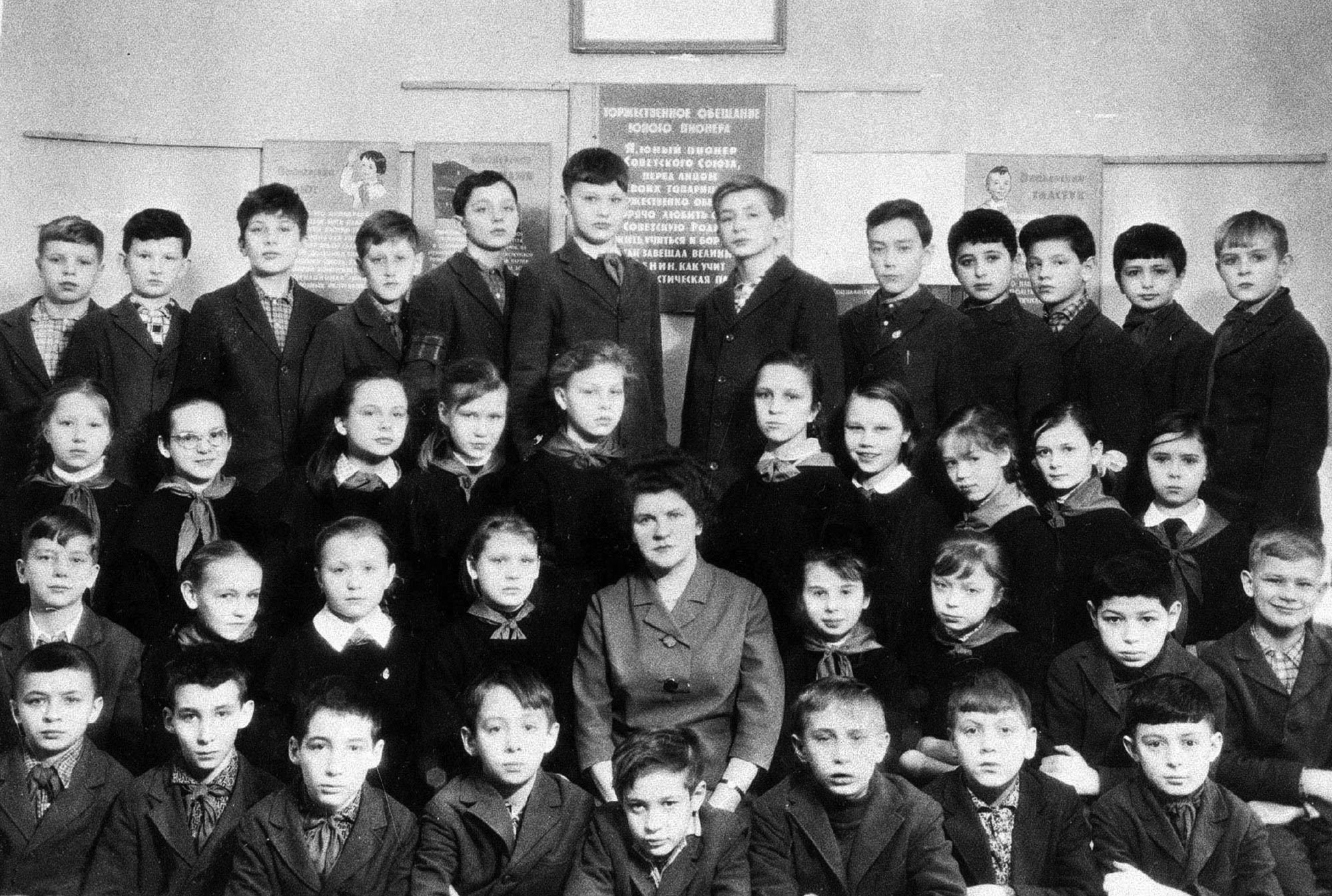
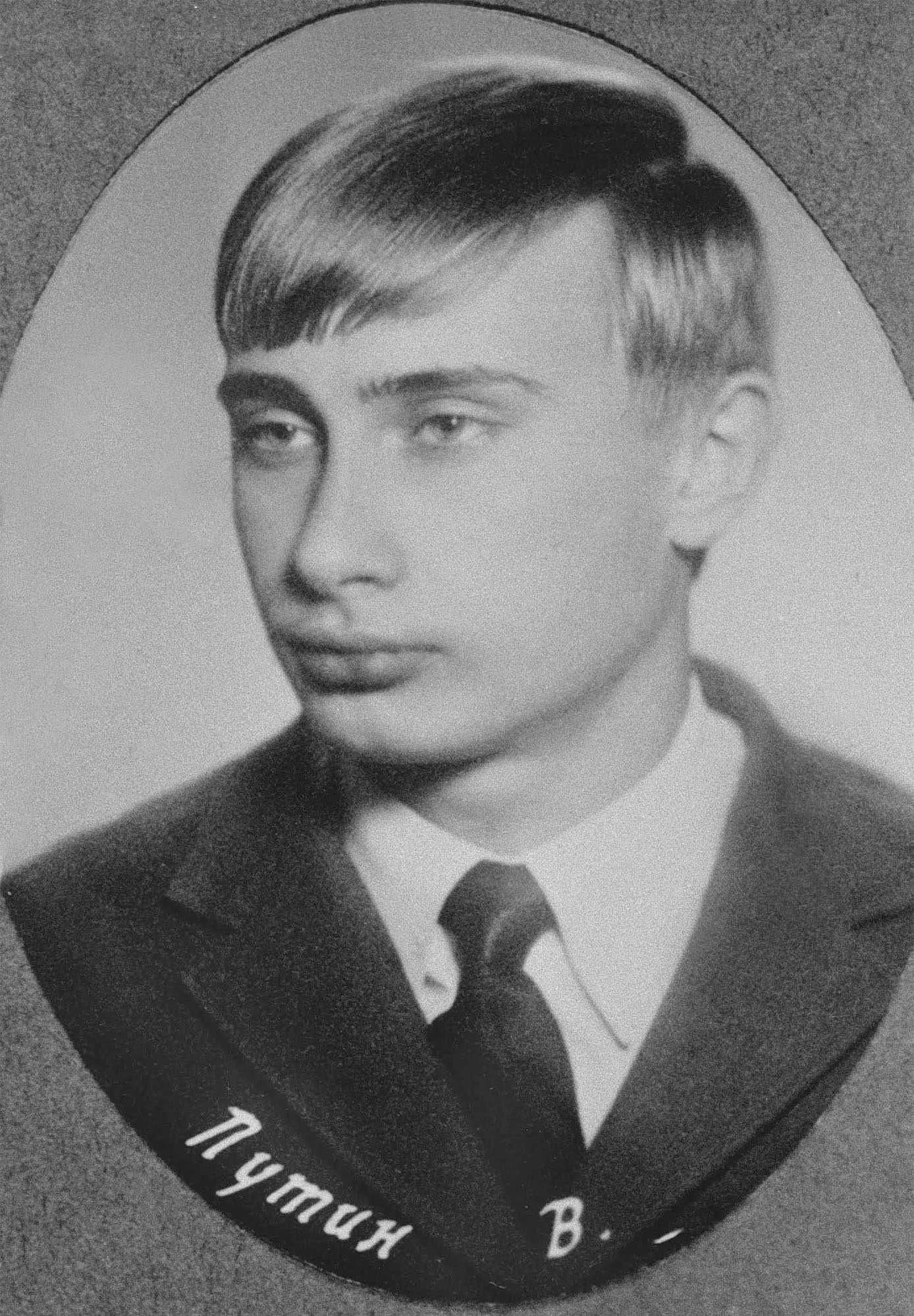
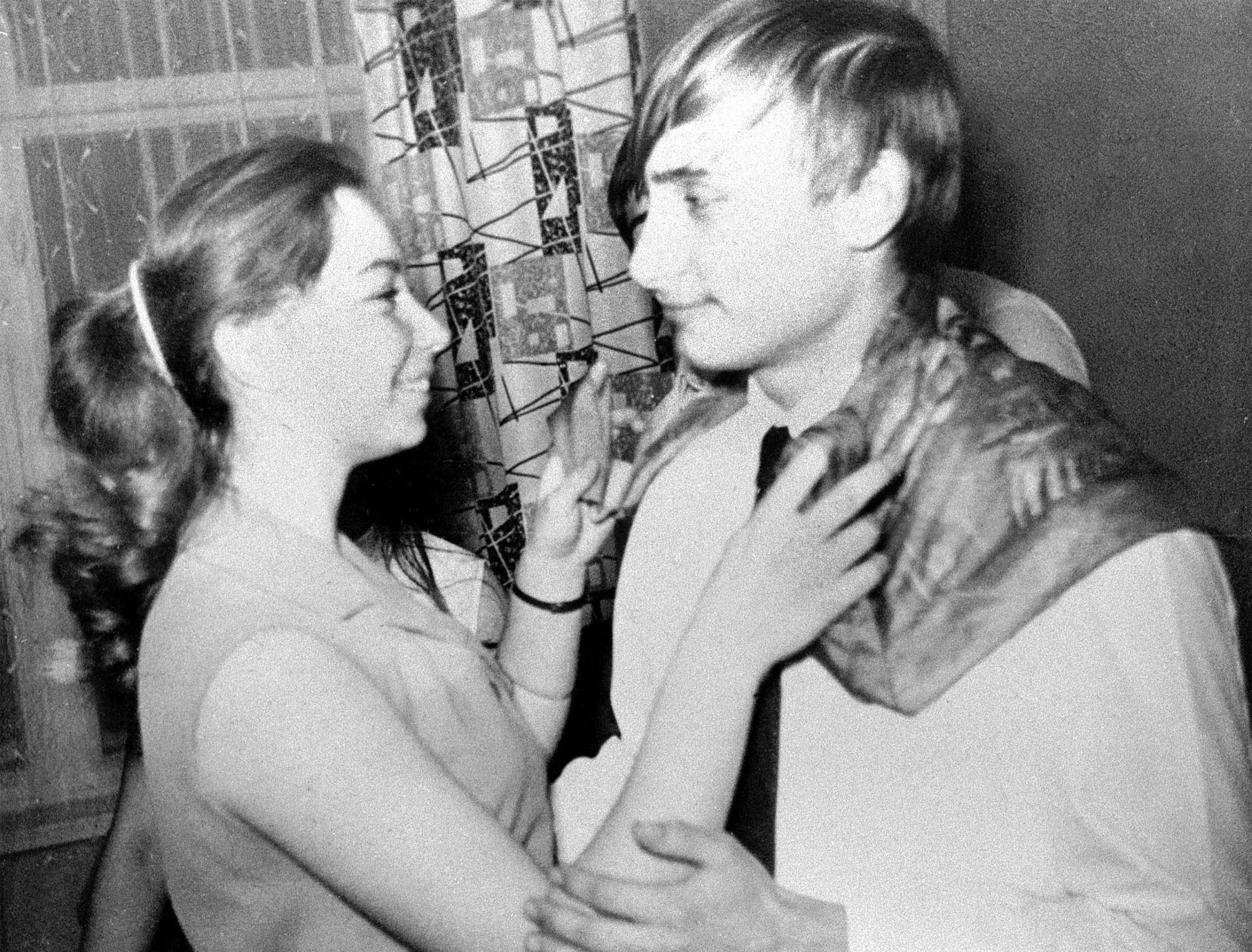
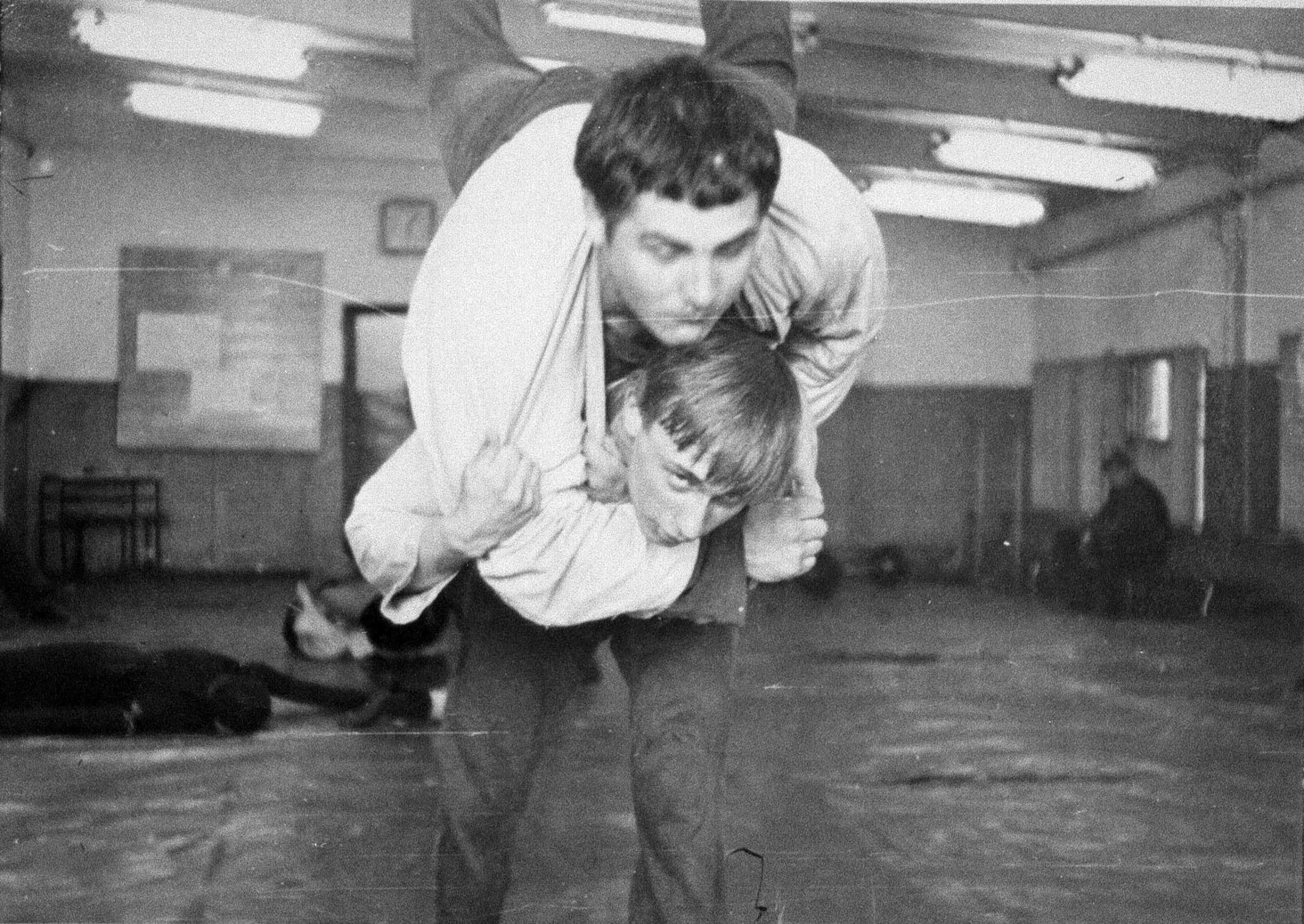
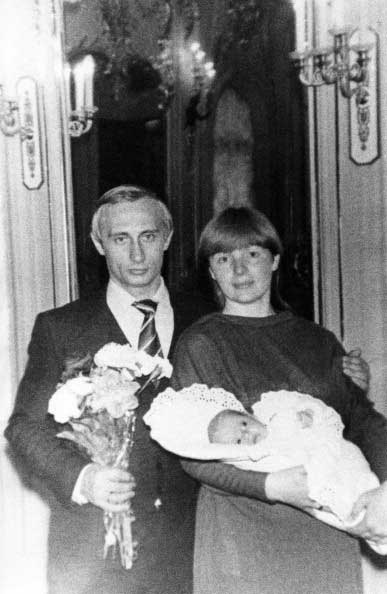
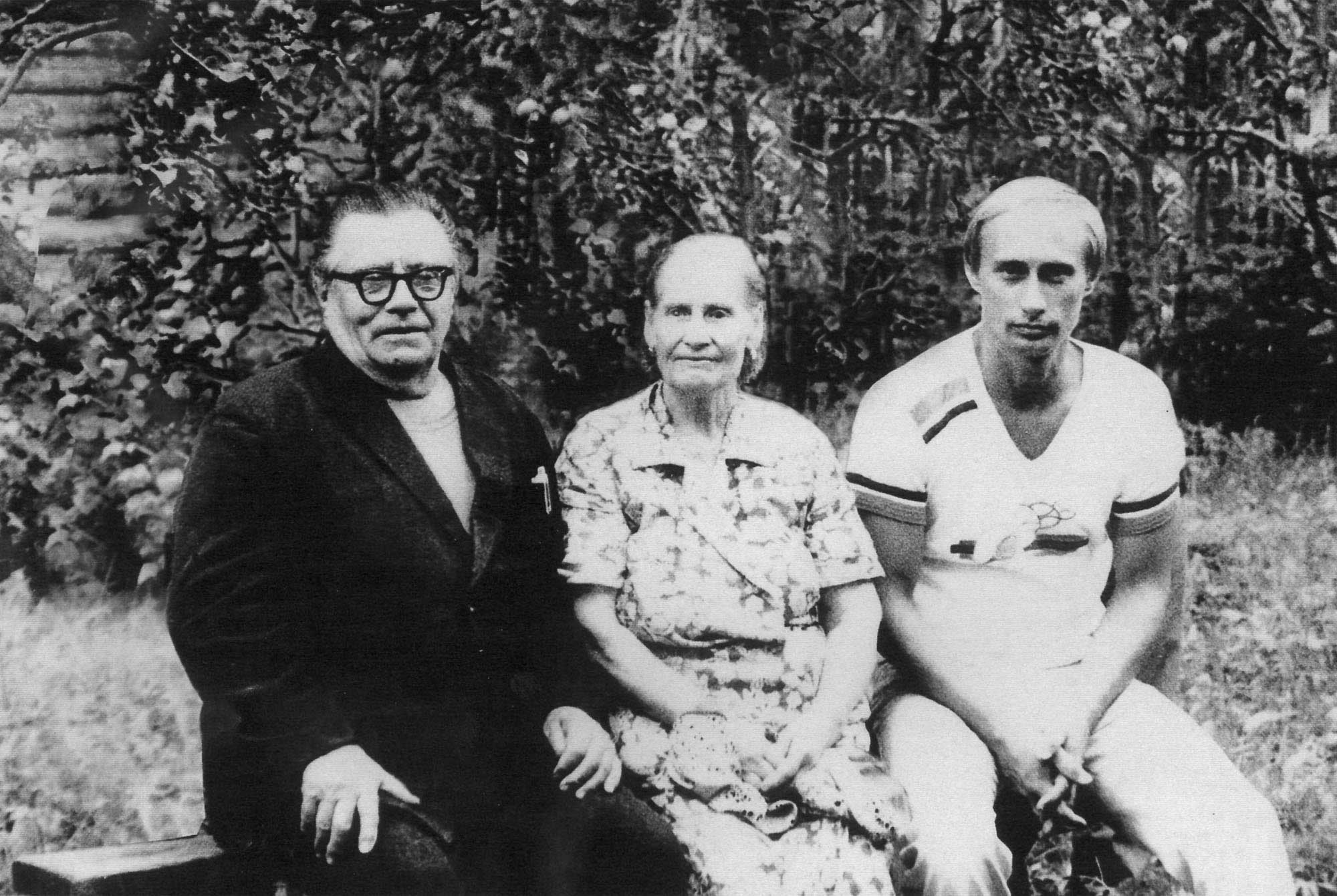
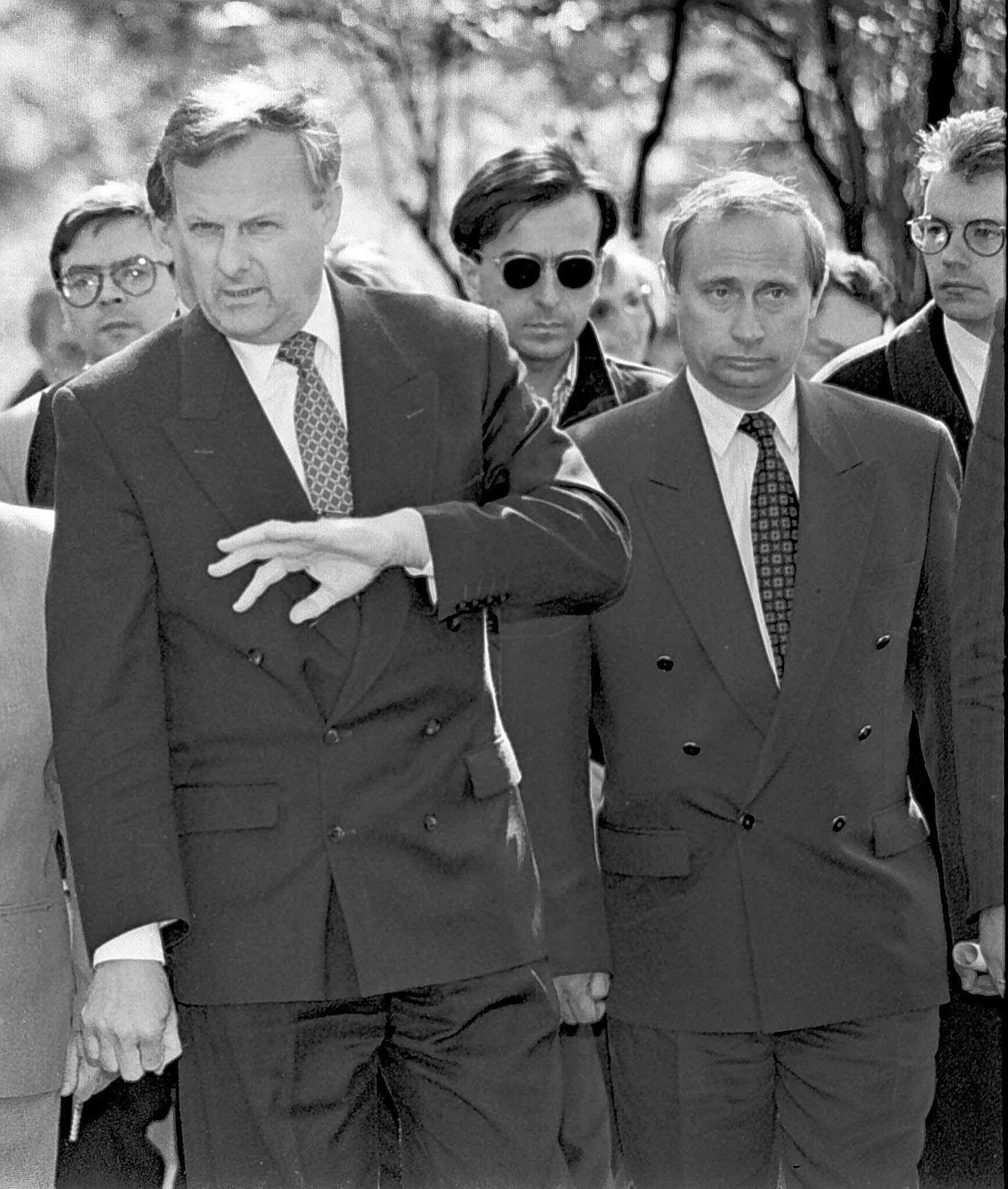
More Must-Reads from TIME
- Cybersecurity Experts Are Sounding the Alarm on DOGE
- Meet the 2025 Women of the Year
- The Harsh Truth About Disability Inclusion
- Why Do More Young Adults Have Cancer?
- Colman Domingo Leads With Radical Love
- How to Get Better at Doing Things Alone
- Michelle Zauner Stares Down the Darkness
Write to Noah Rayman at noah.rayman@time.com